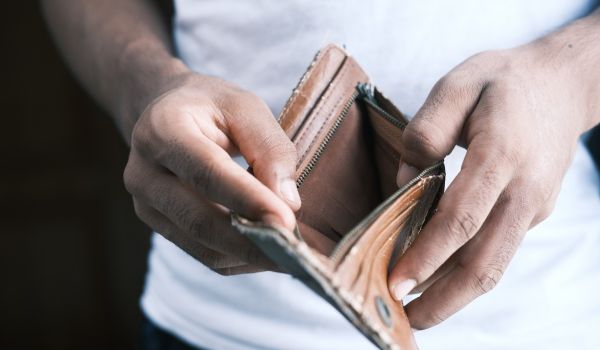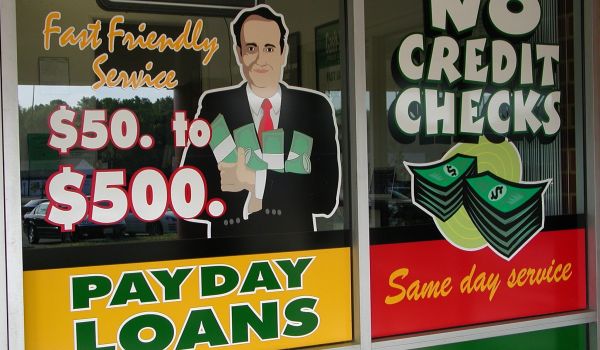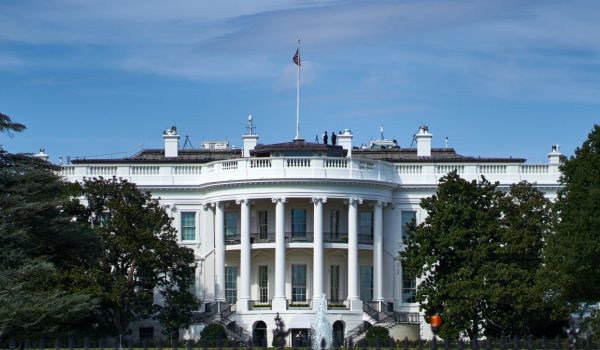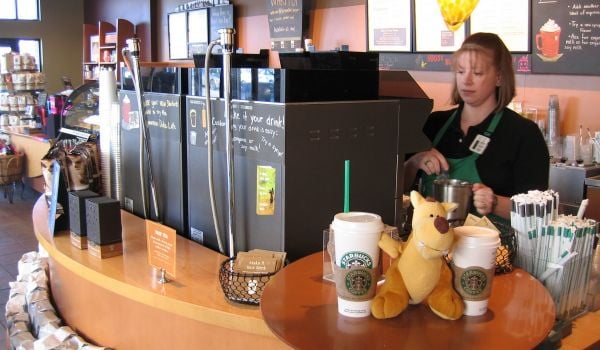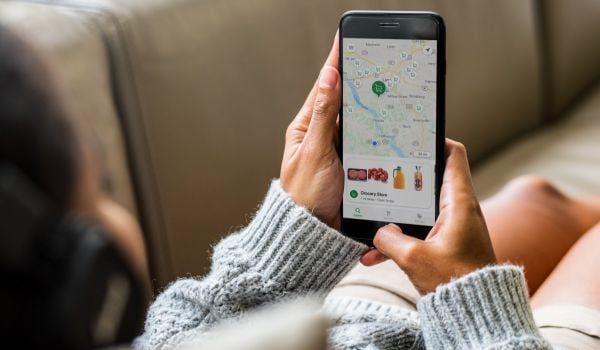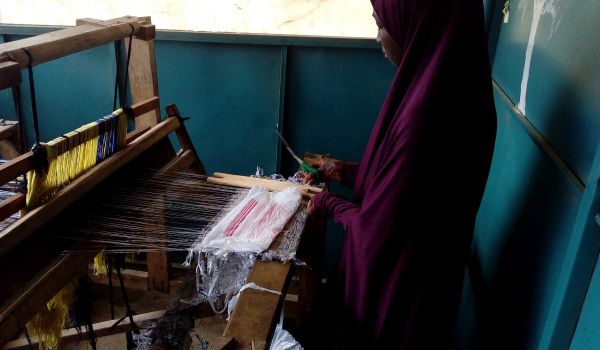In one bubbly television commercial for Earnin, an app that offers users early access to money from their upcoming paychecks, a mother playing with her infant laughs when talking about her experience using the app, because in her words, “babies don’t wait for payday.”
In another moment during the same commercial, a man grins when talking about how he used the Earnin app to buy movie tickets for a date with money that he normally wouldn’t have access to until payday.
A year after the pandemic upended life as we all knew it, many Americans are struggling to find professional traction. According to the Bureau of Labor Statistics, the unemployment rate in America has increased from 3.5 percent or 5.7 million people in February 2020 to 6.2 percent or 10 million people in February 2021. That figure grew to an all-time high of 14.7 percent or 23.1 million people in April 2020.
People need money and financial stability more than ever. Companies behind earned wage access apps such as Earnin offer the illusion of both things — but at a questionable price.
Apps such as Earnin — others include PayActiv, Dave, Brigit and Rain — fall into a category called “Earned wage access.” They allow people to receive money from an upcoming paycheck in exchange for fees or tips (which the apps say are voluntary).
For individuals who don’t have other options to pay for an unexpected expense, using an earned wage app to get funds early can be a temporary solution. According to a January 2020 survey of PayActiv users, most users use the cash advances on emergency expenses, food, utilities and rent. And usage of these apps has spiked during the pandemic.
The apps say that because they don’t charge interest, they’re not payday loans (and have not, yet, been regulated as payday loans). But some advocates say that while earned wage access apps may look different from the payday loans of yore, their effects on consumers remain the same.
Wells Fargo financial advisor Leona Charles has more than a decade of corporate experience and has concerns about what paycheck advance apps such as Earnin can mean for its users’ financial habits.
She believes that paycheck advance apps only keep people mired in debt. Having access to funds from a paycheck earlier, she said, can only ensure that individuals will run out of their money even faster.
In order to succeed in the marketplace, Charles says, companies that produce these apps rely on users’ poor financial management.
“From a capitalist perspective, the company’s responsibility is to continue to encourage poor finance management,” she says.
Earnin CEO Ram Palaniappan disagrees, saying that his apps’ users are disciplined with their budgets and financially responsible overall. In a survey Earnin did of its users, 84% said the app helped reduce financial stress, while 49% said that since they started using Earnin, they could finally afford a $400 emergency expense.
Their biggest issues stem from the fact that users need money before their paychecks come, and that’s where Earnin provides support.
“The issue for them is that bills, subscriptions, etc. are due sooner than their paycheck cycle, which can lead to high bank and overdraft fees,” Palaniappan says. “Earnin helps people that are seeking solutions with no mandatory fees to quickly address financial needs and develop positive financial habits.”
Palaniappan said that a frequent tangible example of Earnin’s ability to help people in need of money is how Earnin helps people buy gas to get to work. By helping people pay for gas to get to work, they are put in a position to make money and avoid additional stress that could come with missing work.
“When you’re living paycheck-to-paycheck, a small amount of money can make a big impact when it’s accessible when people need it most,” he said.
Palaniappan asserts that Earnin does try to help its users with financial management, with features such as Balance Shield, which alerts users when they have low bank balances as a way to avoid overdraft fees, and Tip Yourself, which allows users to automate their savings.
Another concern consumer advocates have with earned wage access apps is their fee structure.
Earned wage apps technically differ from payday loans, in that rather than paying interest on the money, users pay a fee or an optional “tip” after each transaction. As illustrated in a Nerdwallet example of a $2 tip on a $20 transaction, a $2 tip can be the equivalent of a 260% APR, making doing such transactions more expensive in the long term than users may have first thought.
In one instance, a former Earnin user and college student in Statesboro, Georgia paid a $5 tip for $100 in advance—a 130% APR.
“To use the word ‘tip’ instead of a usury charge, an interest rate or a fee, it’s just semantics,” Missouri state senator Jill Schupp told NBC News.
The tips are technically optional, but not tipping comes with consequences. Another user shared that when she didn’t tip after a transaction, Earnin lowered the amount of money she could borrow in future transactions. In 2020, Earnin agreed to settle a class action lawsuit after it caused 250,000 workers to be affected by withdrawal and other fees.
Lawmakers in some states have initiated legislation to regulate earned wage apps. In Nevada, for example, lawmakers are looking to require entities such as Earnin to be licensed by the state’s Financial Institutions Division.
Even if paycheck advance apps ultimately face the kind of regulation that has begun to reshape the payday loan industry, greater changes are necessary for America to realize the promise of a more equitable country that offers upward mobility for everyone.

Michael Butler is a native of Augusta, Georgia and has written for publications like WHYY, Okayplayer and Remezcla. Michael is currently a business and tech reporter for Technical.ly Philadelphia and Report For America corps member.


